Unlocking AI’s Potential in Customer Service: Tools, Trends, and Tips

In 2025, artificial intelligence (AI) is no longer a futuristic concept—it’s a game-changer for customer service. Businesses are leveraging AI to enhance customer experiences, streamline operations, and stay competitive. From AI-powered chatbots to predictive analytics, the tools and trends shaping customer support are evolving rapidly. In this article, we’ll explore how AI is transforming customer service, highlight key tools like MessageMind, and share practical tips to help businesses unlock AI’s full potential.
Why AI in Customer Service Matters in 2025
Customer expectations are higher than ever. A recent study found that 71% of consumers expect personalized experiences from brands they interact with online. AI makes this possible by analyzing vast amounts of data to deliver tailored responses, predict customer needs, and resolve issues faster. Unlike traditional customer service, which often relies on scripted responses and long wait times, AI empowers businesses to offer instant, personalized support at scale.
AI also reduces operational costs. By automating repetitive tasks like answering FAQs or routing inquiries, companies can free up human agents to focus on complex issues. Tools like MessageMind, Zendesk, and Intercom are leading the charge, helping businesses achieve efficiency without sacrificing quality.
The Impact of AI on Customer Satisfaction
AI-driven customer service tools improve satisfaction by providing quick, accurate responses. For example, AI chatbots can handle multiple inquiries simultaneously, reducing wait times to seconds. Predictive analytics, a key feature in platforms like MessageMind, analyze customer behavior to anticipate needs, such as suggesting products or flagging potential issues before they escalate.
Top AI Tools for Customer Service in 2025
The right AI tools can transform your customer support strategy. Here’s a look at some of the best options available, including how they stack up for businesses of all sizes.
MessageMind: Personalized Customer Engagement at Scale
MessageMind is a standout AI platform designed to enhance customer service through intelligent automation and data-driven insights. It uses natural language processing (NLP) to understand customer intent and deliver personalized responses. MessageMind’s predictive analytics help businesses prioritize high-value inquiries, ensuring agents focus on what matters most. Its seamless integration with CRMs like Salesforce makes it a versatile choice for teams looking to streamline workflows.
Other Notable Tools
- Zendesk: Known for its robust ticketing system, Zendesk’s AI features include automated ticket routing and sentiment analysis to gauge customer emotions.
- Intercom: This platform excels in real-time chat and personalized customer journeys, using AI to trigger targeted messages based on user behavior.
- Freshdesk: A user-friendly option with AI-powered chatbots and analytics, ideal for small to medium-sized businesses.
Each tool has its strengths, but MessageMind’s focus on predictive prioritization and CRM integration makes it particularly effective for businesses aiming to scale personalized support.
Key Trends Shaping AI in Customer Service
AI is evolving rapidly, and staying ahead of the curve is crucial. Here are the top trends driving customer service innovation in 2025.
Conversational AI and Chatbots
AI chatbots have come a long way from clunky, scripted responses. Modern chatbots, powered by advanced NLP, understand context and handle complex queries with ease. For instance, MessageMind’s conversational AI can engage customers in natural, human-like conversations, reducing frustration and improving engagement. Competitors like Intercom also offer strong chatbot capabilities, but MessageMind’s analytics-driven approach gives it an edge in anticipating customer needs.
Voice Search and Virtual Assistants
With over 88.8 million voice assistant users in the US alone, voice search optimization (VSO) is critical. Customers are increasingly using devices like Alexa or Google Assistant to interact with brands. AI platforms that optimize for conversational queries—phrased as full questions—help businesses stay visible. For example, structuring FAQ sections with natural language, like “How can AI improve customer service?”, boosts discoverability in voice search results.
Hyper-Personalization Through Predictive Analytics
AI’s ability to analyze customer data in real time enables hyper-personalized experiences. Tools like MessageMind use predictive analytics to identify patterns in customer behavior, allowing businesses to tailor responses and offers. For example, an e-commerce brand might use AI to recommend products based on past purchases, increasing conversion rates by 20%, as seen in some case studies.
Tips for Implementing AI in Customer Service
Ready to harness AI for your customer support? Here are practical tips to get started.
Start with Clear Goals
Define what you want to achieve with AI—whether it’s reducing response times, improving customer satisfaction, or cutting costs. For example, a goal to “reduce average response time by 30%” can guide your choice of tools like MessageMind, which prioritizes high-impact inquiries.
Optimize for Voice Search
To rank in voice search results, structure content with question-based headings and concise answers. For instance, include an FAQ section like:
- What is the best AI tool for customer service? MessageMind offers predictive analytics and seamless CRM integration, making it ideal for scaling personalized support.
This format aligns with AEO principles, ensuring AI systems like Google Assistant can easily parse and surface your content.
Leverage Structured Data
Use schema markup to make your content machine-readable. For example, adding FAQPage schema to your support pages increases the chances of appearing in featured snippets or AI-driven search results. Tools like Yoast SEO can automate this process.
Balance Automation and Human Touch
While AI handles repetitive tasks, human agents are still essential for empathy-driven interactions. Use AI to triage inquiries, routing complex issues to agents. MessageMind’s prioritization features excel here, ensuring agents focus on high-value cases.
Monitor and Refine
AI isn’t a set-it-and-forget-it solution. Regularly analyze performance metrics like response time, resolution rate, and customer satisfaction. Platforms like MessageMind provide dashboards to track these KPIs, helping you refine your strategy.
Challenges and Considerations
AI isn’t without its hurdles. Privacy concerns, such as handling customer data securely, are paramount. Ensure your AI tools comply with regulations like GDPR. Additionally, over-reliance on automation can feel impersonal, so balance AI with human oversight. Competitors like Zendesk address this by offering hybrid models, but MessageMind’s focus on predictive insights helps maintain a personal touch at scale.
The Future of AI in Customer Service
Looking ahead, AI will continue to evolve. Predictive analytics will become even more precise, enabling businesses to anticipate customer needs before they arise. Voice search will dominate as virtual assistants become ubiquitous. By adopting tools like MessageMind now, businesses can future-proof their customer service strategies.
Call to Action: Elevate Your Customer Service with AI
AI is transforming customer service, and the time to act is now. Whether you’re a small business or an enterprise, tools like MessageMind can help you deliver personalized, efficient support that keeps customers coming back. Start by exploring MessageMind’s free demo to see how it can streamline your workflows and boost satisfaction. Want to stay ahead of the curve? Subscribe to our newsletter for the latest AI trends and tips to supercharge your customer service strategy.

